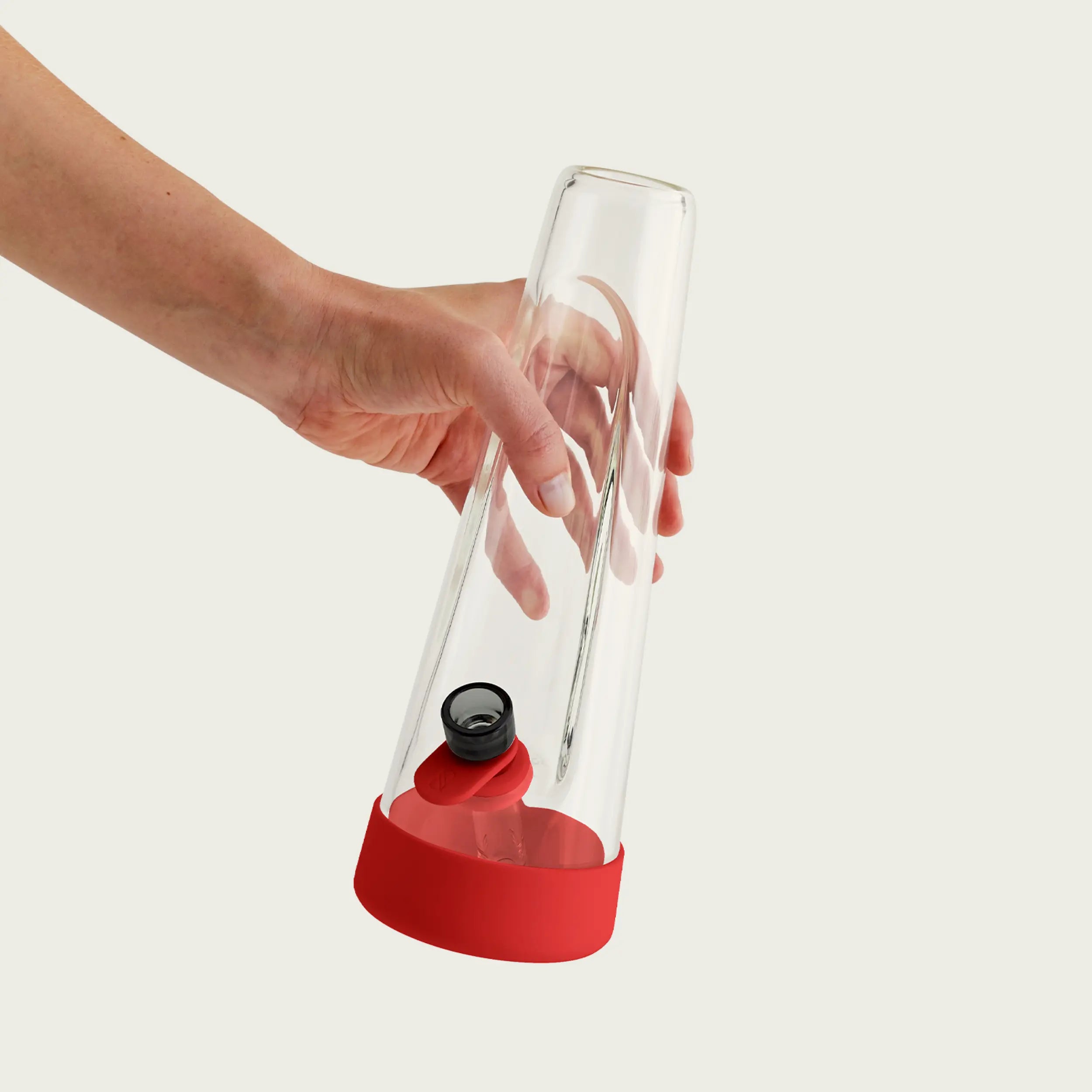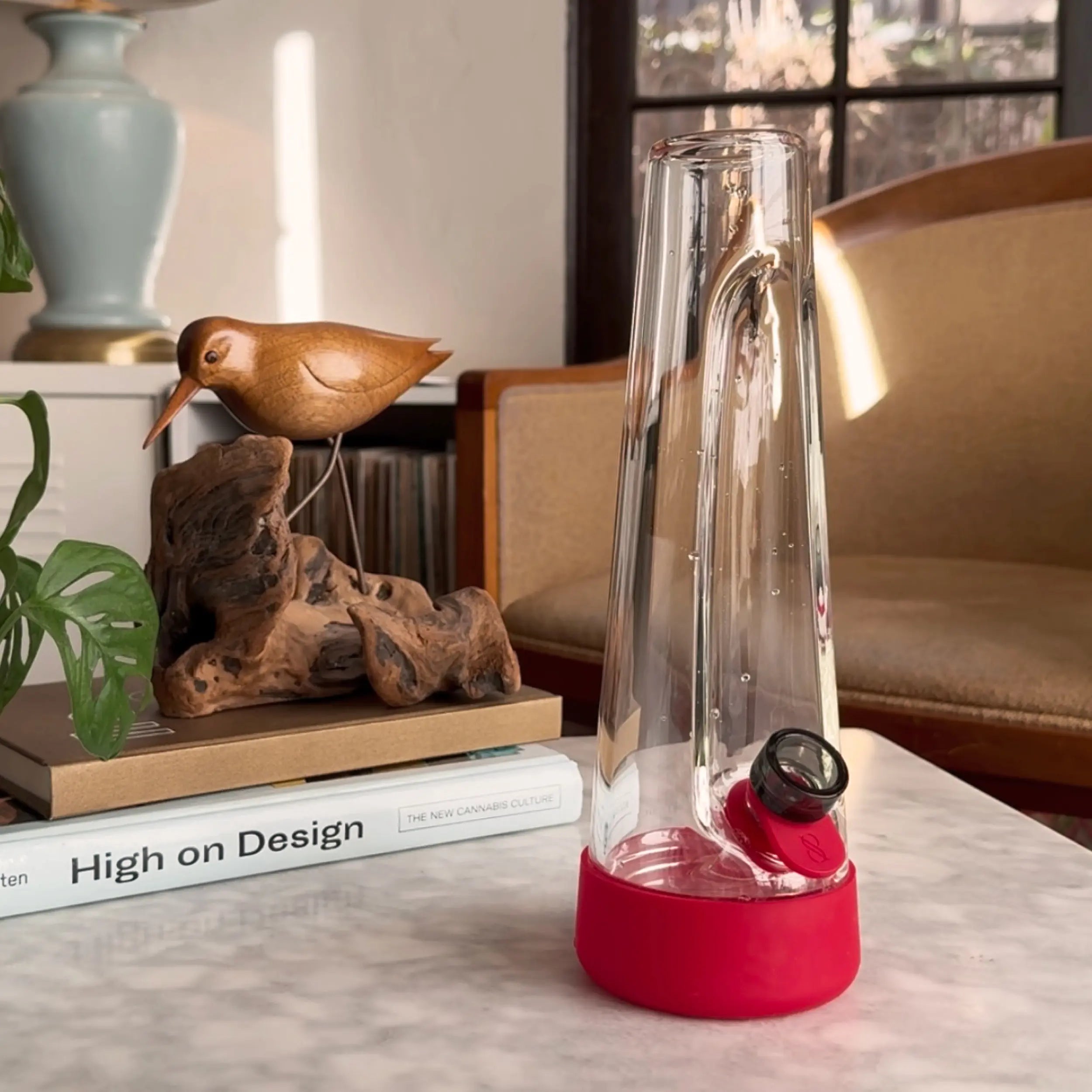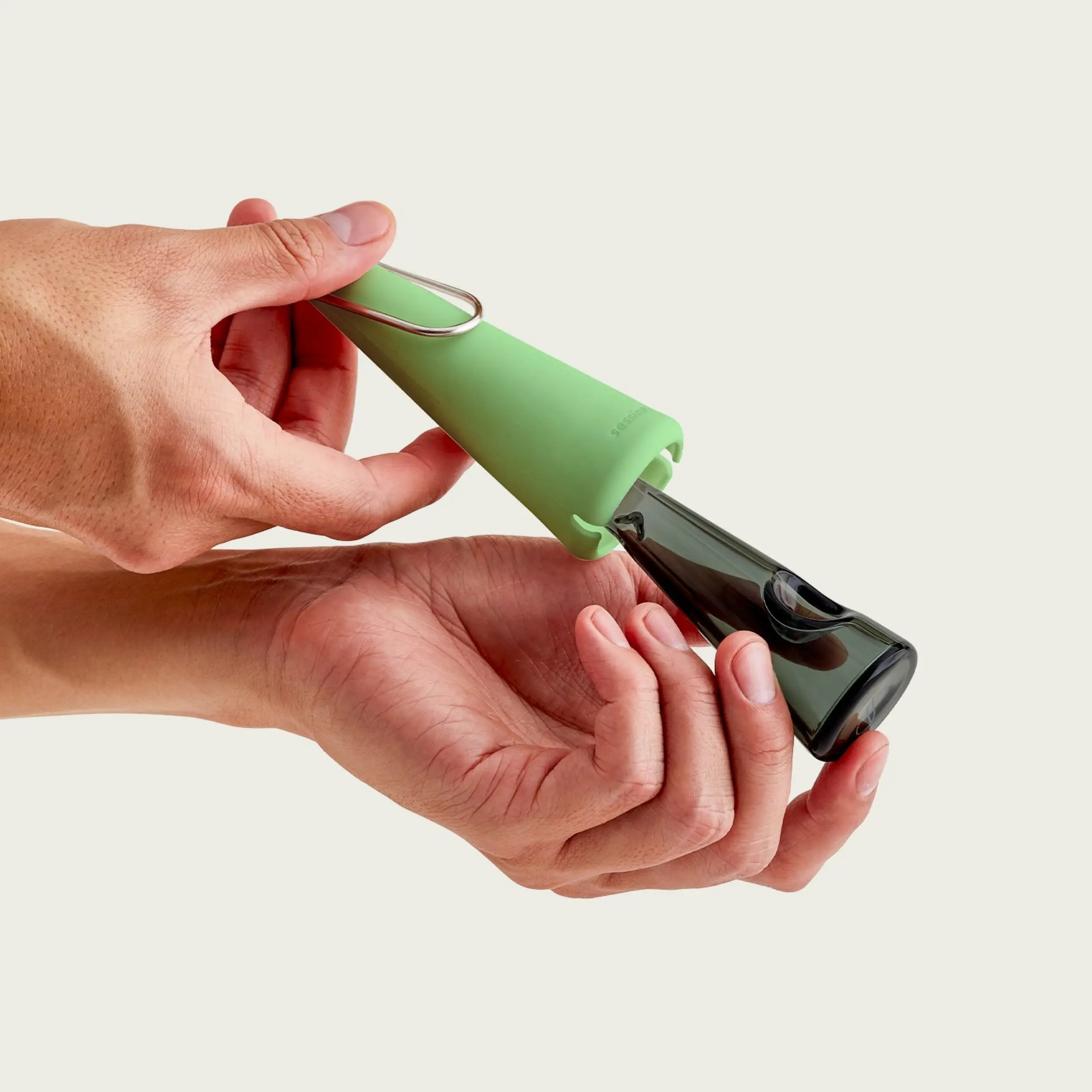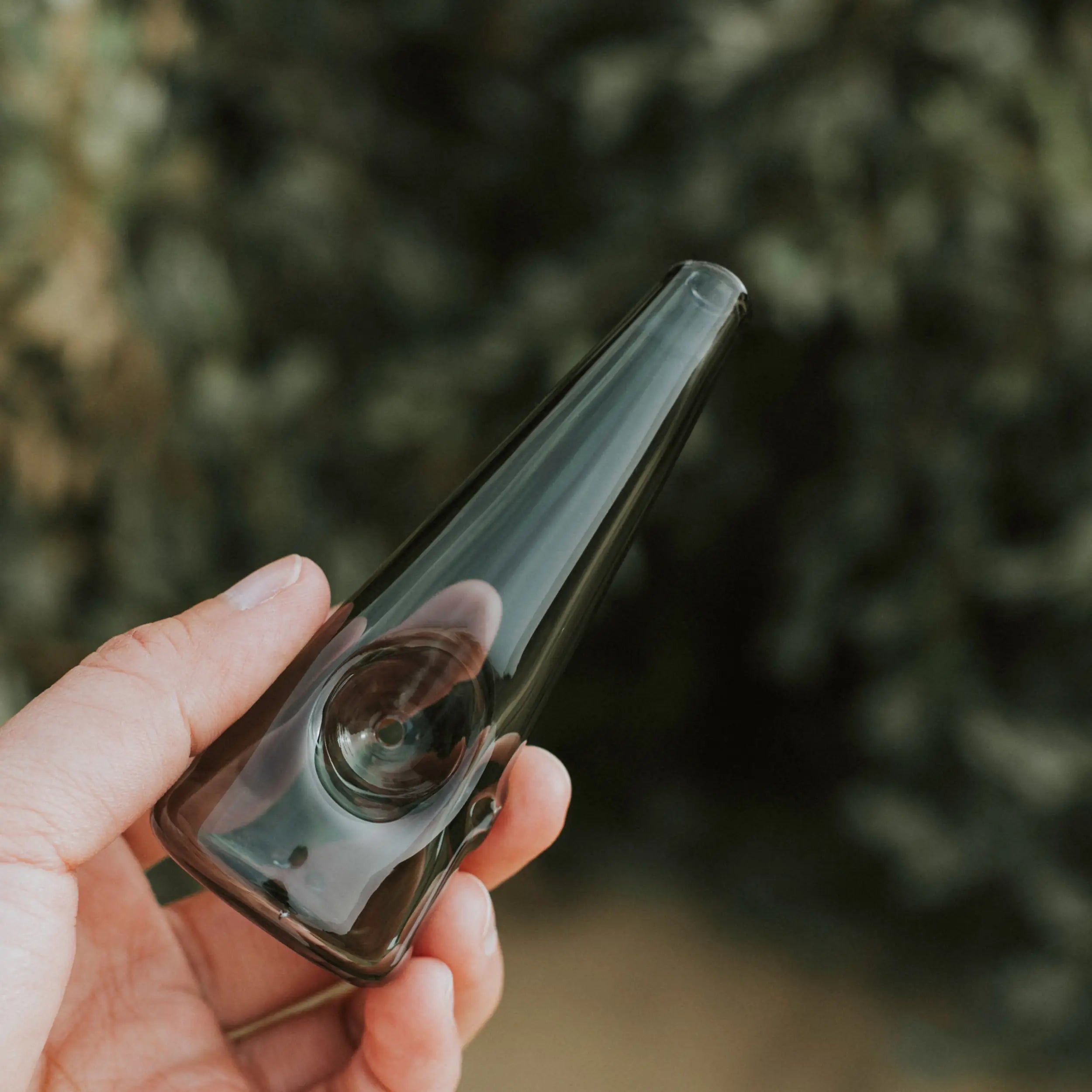What is Delta-8 THC?
For those still unfamiliar, THC stands for delta-9-tetrahydrocannabinol, AKA Delta-9 THC, and is one of the main compounds in cannabis that produces psychoactive effects. In other words, it's the part of the plant that gets you high. Delta-8 THC is found naturally in cannabis plants as well. However, it does not exist in sufficient quantities to produce much effect or high when consumed on its own. Instead, manufacturers synthesize Delta-8 from CBD, using hemp plants and various techniques to convert it into Delta-8. Some methods involve using pressure and solvents. The resulting compound, delta-8 THC, can be added to edibles, vapes, or sprayed on buds to smoke similar to actual flower. However, some smokers are skeptical and report that Delta-8 isn't as natural as smoking Delta-9 because it is made in a lab.
Can Delta-8 get you high?
CBD, one of the major compounds in cannabis that is non-psychoactive, has become widely popular for its medicinal benefits. Now sold in gas stations, convenience stores, and supermarkets, most CBD marketing makes one point clear—it does not get you high. Therefore, you might assume Delta 8 products sold in the same locations also don't produce a buzz. Think again. Delta-8 is indeed psychoactive. It produces a milder high than Delta-9 but still offers relaxation, euphoria, relief from discomfort, and sedation. In terms of potency, Delta-8 appears to be about half as potent as Delta-9. However, Delta-8 does not deliver the same intoxication intensity because it binds to our cannabinoid receptors differently than Delta-9.
How is Delta-8 legal?
You might be wondering how Delta-8 THC can be legal if it gets you high. For one, the substance is relatively new, and it's largely unregulated. According to federal law, you can legally grow hemp (where the majority of the CBD comes from) and make products from those plants as long as they contain less than 0.3% Delta-9 THC. Luckily, Delta-8 falls into this loophole. This is because it has a different chemical makeup than Delta-9, and the plants it's derived from contain much more CBD than THC. Still, regulations are constantly changing, so the laws surrounding Delta-8 will likely change over the next few years.
Regulations still needed.
As it currently stands, many Delta-8 products contain byproducts from the manufacturing process, including solvents and chemicals used to make the compound. However, future regulations surrounding Delta-8 will likely result in better quality products you can trust. If you're interested in trying Delta-8 before then, look for information on the manufacturers' websites about sourcing and production. Many use independent labs for quality control and post the results of the tests on their websites.
Why try Delta 8 THC?
If it's legal to buy cannabis in your state, you might wonder what the benefit of trying Delta-8 is. After all, why would you use a lab-produced product when you can get your hands on a more natural high? As mentioned, Delta-8 offers many of the same benefits as Delta-9 THC. It has anti-anxiety, analgesic, and neuroprotective effects. It can also help you focus, get creative or release any intrusive thoughts that keep you awake at night. While that all sounds like something people would desire, many don't want to feel high, making the intoxicating effects from Delta-9 a turnoff. Delta-8, on the other hand, has much milder psychoactive effects, which can help those looking for a more functional, effective high.
Whether you don't respond well to weed's psychoactive effects or you just want to try a different buzz, Delta-8 made by reputable manufacturers is an interesting option for a new high.















![[in] session blog escape to goulding house and watching the leaves change](http://sessiongoods.com/cdn/shop/articles/escape_goulding_summer_house_1f0cdfcd-bc35-4cab-a079-41a0287e3b10.jpg?crop=center&height=1145&v=1762960209&width=1145)
![[in] session blog — Inspiring interviews, articles about cannabis & design](http://sessiongoods.com/cdn/shop/files/session-goods-homepage-insession-blog-mobile_63644ba1-0223-434b-b77e-5f4a30d7375f.webp?v=1692127377&width=600)